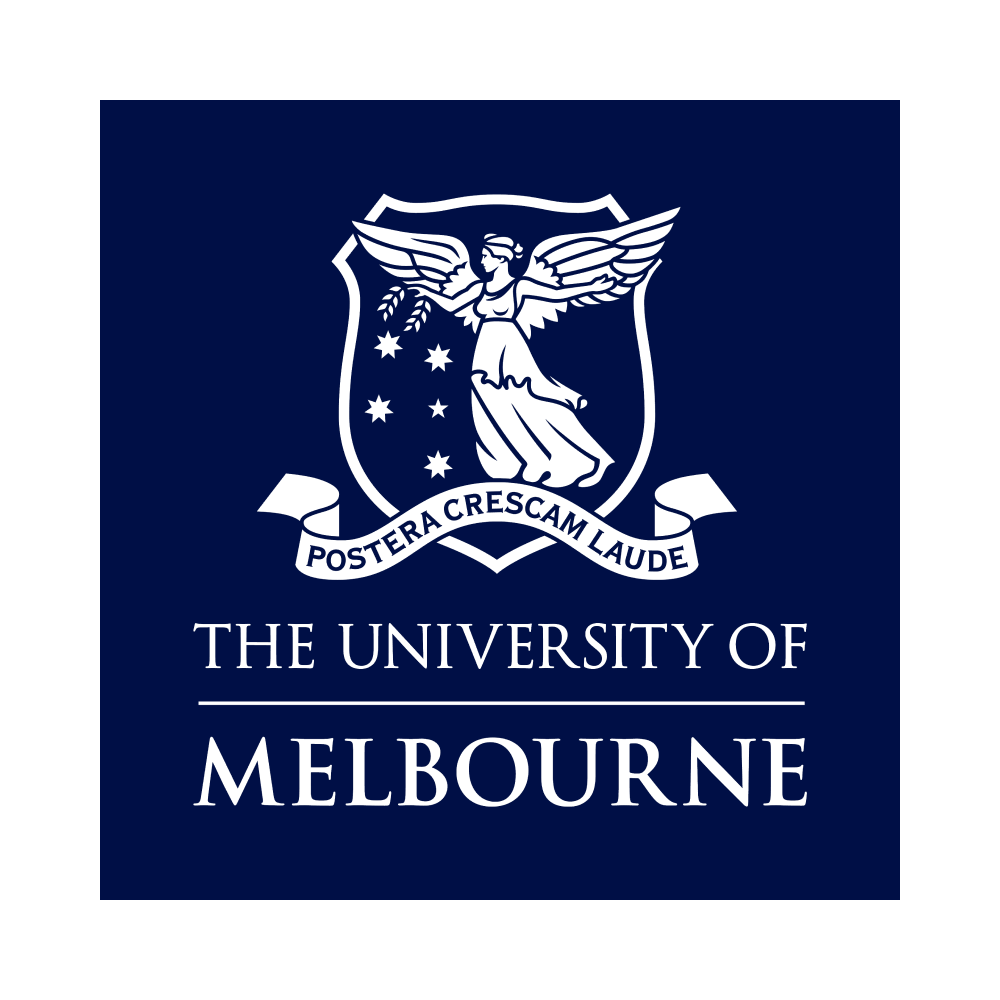University of Melbourne
Graduate Diploma in Economics
- Delivery: Face to Face
- Study Level: Postgraduate
- Duration: 12 months
- Course Type: Graduate Diploma
The program offers the flexibility to complete a shorter graduate qualification in economics,

Course overview
With the the Melbourne Business School's Graduate Diploma in Economics, you should acquire and be able to apply the skills of a professional economist at an honours level. Those with good results will be eligible for graduate level study in economics and econometrics at the master's and graduate research levels.
Key facts
What you will study
The Graduate Diploma in Economics consists of eight 12.5 point subjects, and will normally be completed in one year of full-time study or two years part-time. The 100-point program comprises of:
- Two core economics subjects
- One quantitative subject
- Five elective subjects
Students must complete two core subjects:
- Advanced Microeconomics
- Advanced Macroeconomics
Entry requirements
To be considered for entry into this course, you must:
- Have completed a bachelor's degree (AQF7) in a cognate (relevant) discipline with a weighted average mark (WAM) of 75%, or equivalent.
- Cognate (relevant) disciplines include: A strong analytical or mathematical component.
To meet the analytical or mathematical prerequisite requirements:
- Applicants with an economics background will be required to have a major in economics, including calculus-based economics subjects and an econometrics subject.
- Applicants with a non-economics background require an undergraduate major of a mathematical/analytical nature, including calculus, linear algebra and statistics subjects and have completed microeconomics and macroeconomics subjects at least at the second year level.
English language requirements
All applicants to the University of Melbourne must satisfy the English language requirements. This may be achieved in a number of ways, including a recognised previous study taught and assessed entirely in English or an approved English language test.
Contact the university or visit its website for more information.
Recognition of Prior Learning
After you receive a course offer you can apply to transfer any recognised prior learning credits by applying for Advanced Standing (also known as credit or recognition of prior learning).
Advanced standing is acknowledgement of prior study granted towards your current degree, based on prior study or work experience. If advanced standing is awarded the length of your degree may be reduced. There are two types of advanced standing you can be awarded – general advanced standing or exempt advanced standing.
Contact the university or visit its website for more information.
Outcomes
Learning outcomes
You will leave the degree with a number of essential skills, including the ability to:
- Be a critical thinker in relation to microeconomics, macroeconomics and econometrics.
- Be analytical in the application of economics and econometrics theory, knowledge, principles, techniques and data.
Career outcomes
Graduates have gone on to some successful and varied careers. These are just some examples:
- Economist, Reserve Bank of Australia
- Economist, Productivity Commission
- Research Fellow, Australian National University
- Senior Commercial Analyst, Telstra
- Network Strategy Consultant, Ericsson
- Economist, Victorian Department of Treasury and Finance
Fees and FEE-HELP
Indicative first-year and total course fee in 2026: $37,984 (domestic full-fee paying place)
The indicative fee shown is based on a full-time study load of 100 credit points (eight subjects).
Student fees may vary in accordance with:
- The number of subjects studied per term.
- The choice of major or specialisation.
- Choice of subjects.
- Credit from previous study or work experience.
- Eligibility for government-funded loans.
You may also need to pay the student services and amenities fee.
Student fees shown are subject to change. Contact the university directly to confirm.
FEE-HELP loans are available to assist eligible full-fee paying domestic students with the cost of a university course.








